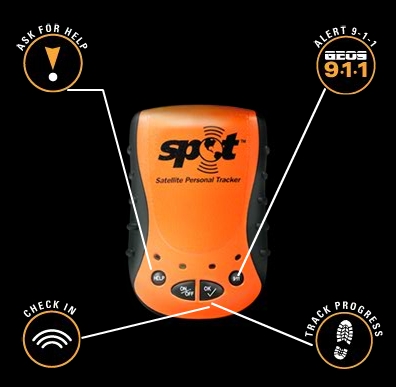David Harris
Expedition Leader
Yeah, it's a lot like malaria...
but a lot more fun . . .
(I saw your microprint on my LR's . . . :ylsmoke
Nothing at all against Toyotas, BTW. Awesome vehicles . . . (I've owned three . . .)
Last edited:
Yeah, it's a lot like malaria...
The catch-22 to a very reliable vehicle is that when things do go wrong (and they will . . . ), the driver often doesn't know the first thing about fixing it, and probably doesn't have the right equipment/materials on hand to fix it, right when they really need to. . . . There's something to be said for intimate first hand experience with the mechanicals of your chosen vehicle. If you know how it works, and have worked on it before, you can figure out a way to jury rig it and keep it going in a field situation.
David
. . . I am not convinced that HAM radio would be all that useful if I was in serious trouble though admittedly better than nothing.
. . . . I've been unsatisfied that if I were in real trouble that amateur radio would be the lifeline I need. In my mind there is no substitute for cellular phone coverage . . . I am not discouraging amateur radio use but have personally found it more useful for rig to rig coms (when lucky enough to ride with hams) on the trail. I am not comfortable that radio represents an emergency com method viable enough if I was solo and in dire need.

However, how many people carry or can afford a sat phone? GlobalStar lists a $35/ month service fee with usage at $1.50 -> $2.50 in addition to the $600+ purchase price of a phone. I think a better value (and less equipment, weight, etc) would be Spot -> $100/yr for service and less than $200 in equipment that you can carry on your person if you leave the vehicle.
I like the little expeditionaire for that.
I agree.
I would like to carry a sat phone, but can not afford it. So I carry a SPOT.
Agreed, the limitation is in range (more-so with 2M and 70cm) and whether someone is listening. With HF you can reach farther, but that's more equipment if you already have VHF or UHF.
However, how many people carry or can afford a sat phone? GlobalStar lists a $35/ month service fee with usage at $1.50 -> $2.50 in addition to the $600+ purchase price of a phone. I think a better value (and less equipment, weight, etc) would be Spot -> $100/yr for service and less than $200 in equipment that you can carry on your person if you leave the vehicle.
whatsa "Spot" ???

